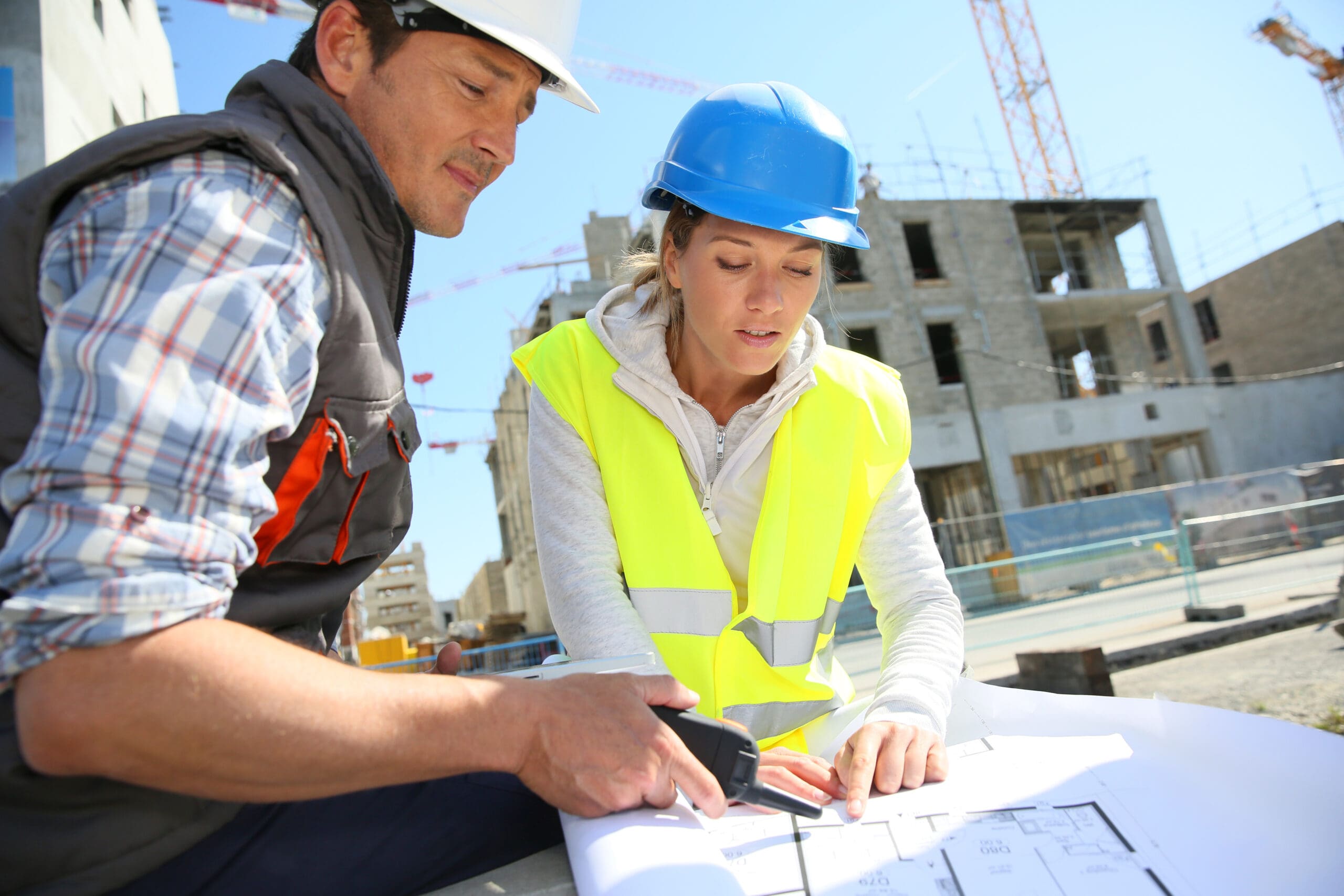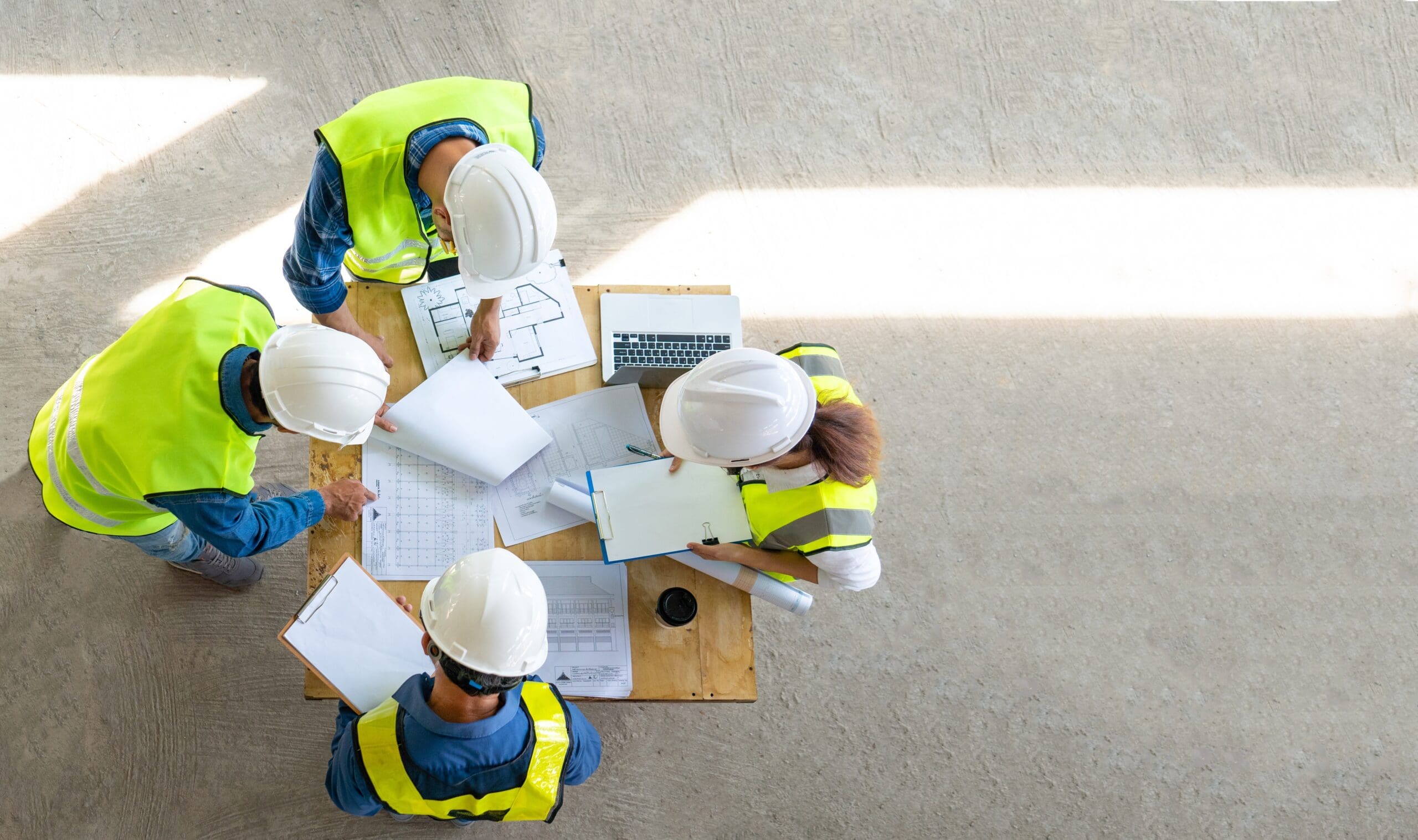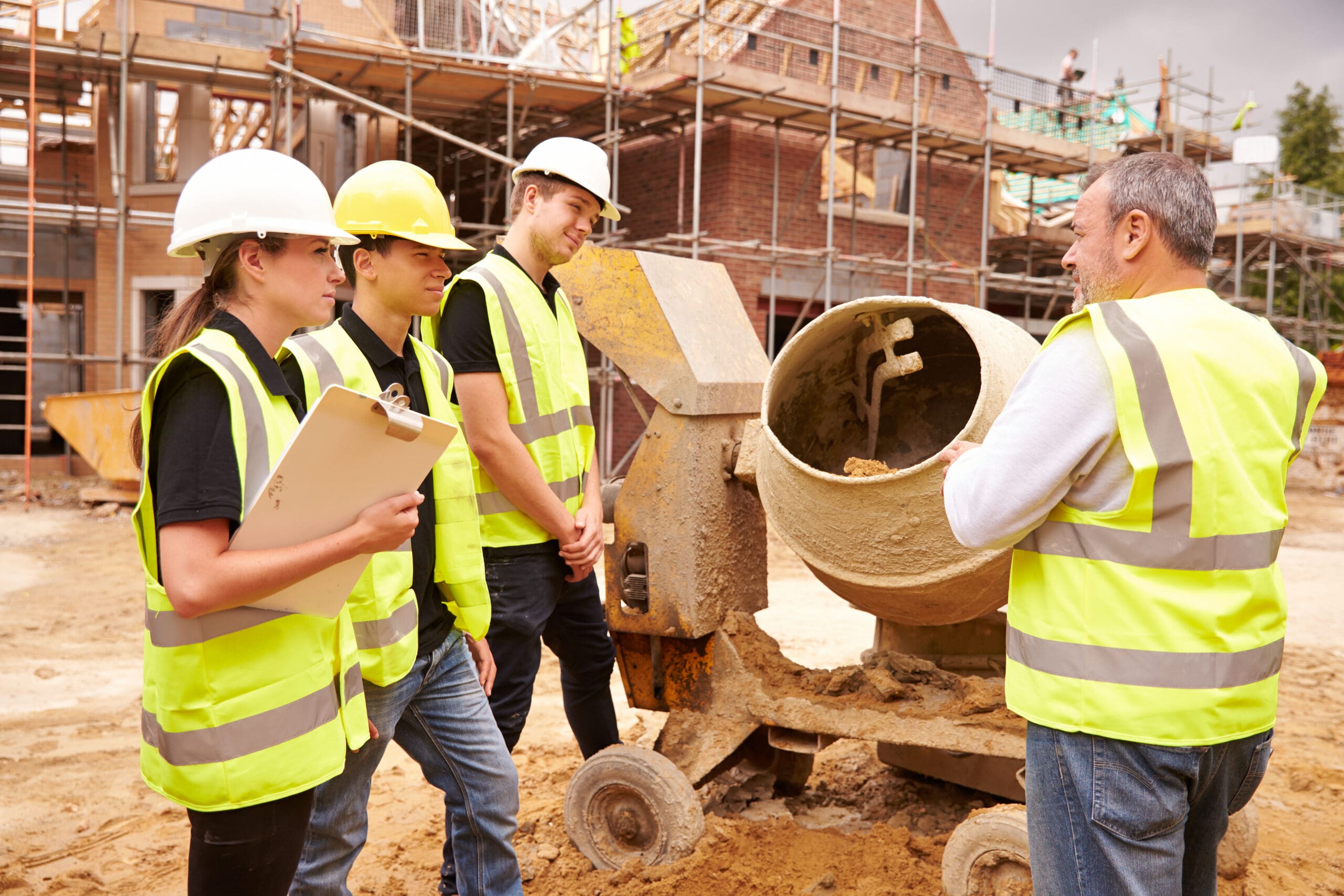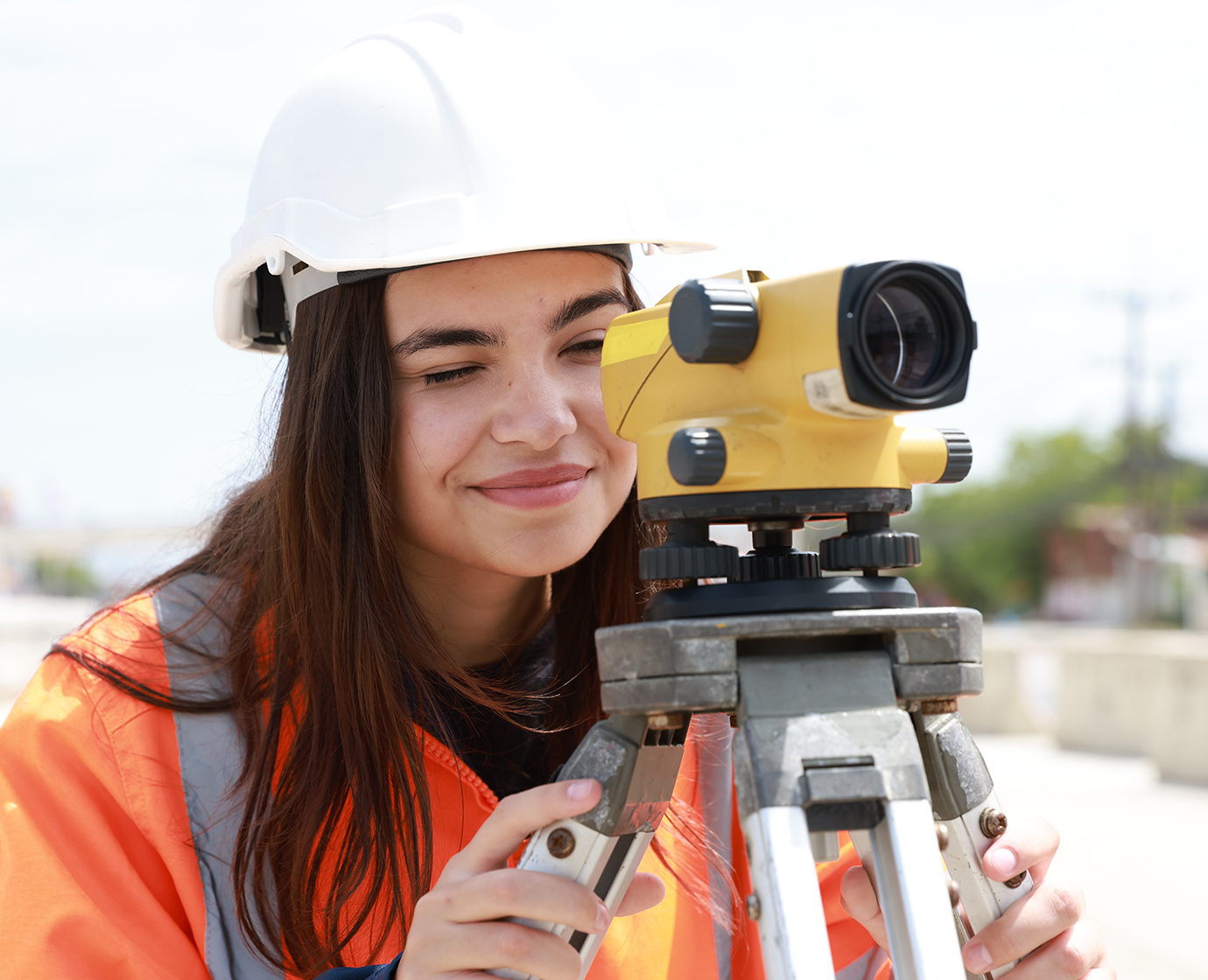
Leadership engagement and advocacy
Senior leaders play a proactive role in sponsoring and participating in women’s development within leading organisations, setting a tone that resonates throughout the workplace. As mentors, sponsors, and advocates, senior leaders accelerate women’s careers in non-traditional roles.
Leadership involvement and advocacy
- Senior leaders model inclusive behaviour and advocate for women’s advancement. Women in senior roles serve as role models for younger women, showcasing opportunities available to them.
Mentoring and sponsorship programs
- Formal mentoring programs for women and reverse mentoring for senior men promote visibility and understanding across hierarchies. Mentoring circles and structured sponsorship programs also elevate women’s recognition and visibility across the organisation.
Career-advancing development
Leading organisations challenge assumptions that women are more likely to leave, offering formal and informal networking opportunities. They recognise women’s limited access to networks and strive to address this, ensuring equal participation in career development programs.
Networking opportunities
Organisations facilitate internal and external networking opportunities for women, which is crucial in male-dominated industries where women may feel isolated. They ensure resources for participation in external networking events.
Leadership programs and exposure opportunities
While some debate the need for women-only development programs, these organisations stress equal access to broader curricula. They provide on-the-job development opportunities and encourage women to explore non-traditional career paths.
Flexible training and support
Training at different times and locations accommodates diverse employee needs, such as caring responsibilities. Additional support for partners and children helps retain talented female employees who might otherwise decline development opportunities due to relocation challenges.
Merit-based talent processes
Leading organisations focus on rigorous, transparent talent processes to ensure meritocracy and minimise biases. They monitor women’s representation at each stage of the talent cycle and challenge stereotypes during talent discussions.

Diverse talent teams
Challenger process and targets


Monitoring women’s representation
By following these steps, employers in the construction industry can actively contribute to breaking down gender barriers and creating a workplace where women feel valued, supported, and empowered. Embracing diversity enhances the culture and fuels innovation and success in the rapidly evolving construction sector.
Useful links
Infrastructure NSW Women In Construction
Get funding apprenticeships or traineeships – Employers
Resources for employers to prevent discrimination and promote diversity
Employing and supporting women in your organisation
Steps to employ an apprentice or trainee
Master Builders NSW Need an apprentice